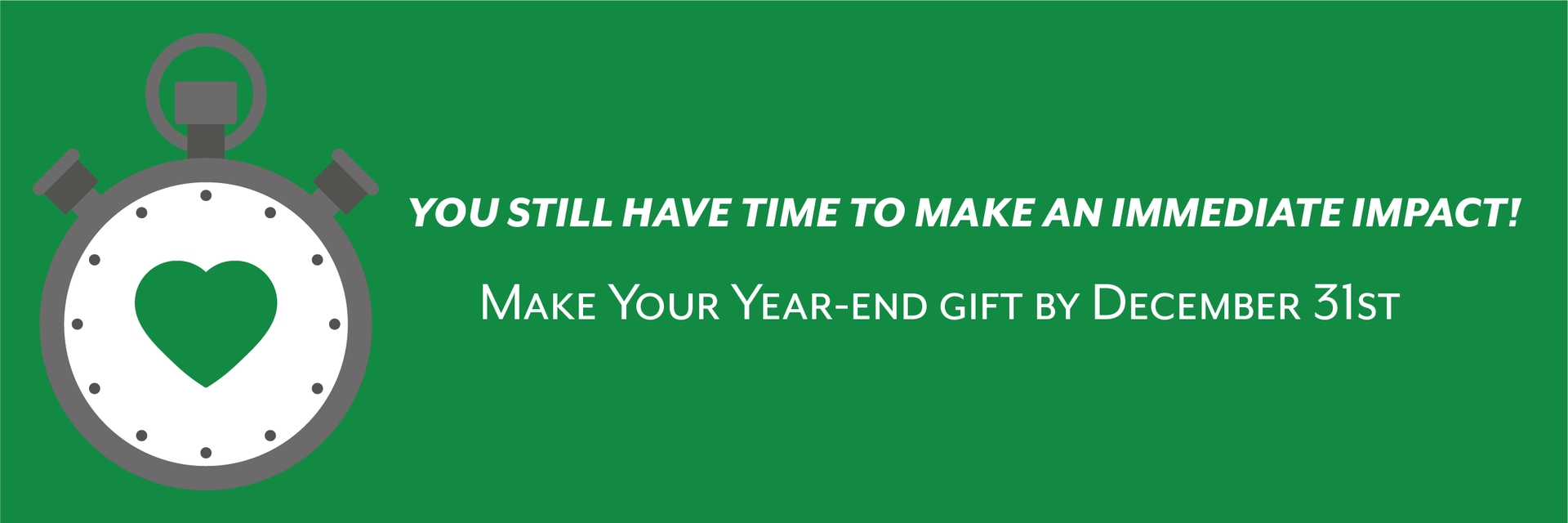
Marilyn* received a Road Home Program grant after Hurricane Katrina to elevate her home, but along the way life happened and she lost the home to foreclosure in 2011. To add insult to injury, she was sued by the program for failure to elevate a home she no longer owned.
Unemployed and facing a debt of over $38,000 she turned to SLLS for assistance. With years of experience working on Road Home cases, her attorney was able to file an answer that showed she used the funds for repairs to the home and the debt was cleared this year.
16 years after Hurricane Katrina we are still receiving calls from clients struggling with the bureaucratic nightmares that come with the recovery process. With extensive damage in some of the most underserved portions of our service area, we know the Hurricane Ida recovery will be a long haul, but we have the team we need to get through this thanks to your continued support.
You still have time to make an immediate impact on Hurricane Ida survivors in 2021 with a tax-deductible gift by December 31st. We are getting close to our year-end goal to raise $20,000! You can make your year-end gift at www.slls.org/donations.
Sincerely,
Laura Tuggle
Executive Director
*Some information about our client has been change to protect their identity.
The new rules start January 1, 2022.
This alert is only about Louisiana state courts.
This alert is not about federal courts (U.S. District Courts) in Louisiana.
If you can, try to find a lawyer to help you before taking legal action.
Go here or to this link to look for free legal help in Louisiana: https://louisianalawhelp.org/find-legal-help/directory.
Starting January 1, 2022, you must include your e-mail address on papers you file in court.
Your e-mail address goes in the place on the court papers with your signature, your printed name, your address and your phone number.
The address you list on court papers must be where you really live. It cannot be a post office box or someone else’s home where you receive mail.
If you can’t get mail where you really live, you must also give the court a mailing address.
The court or someone involved in your case might use your e-mail address to send or “serve” you with court papers.
“Serve” or “Service” are words for the official way court papers are delivered or sent.
Service by email still cannot be used to do the first service in a suit.
Courts and people involved in a case might use email for other important notices as well.
There are new rules about using e-mail to “serve” or deliver court papers.
This alert does not cover all of those details.
Again, these are new rules.
It may take time for courts and people involved in cases to get used to these new rules.
Always be very careful to keep up with any court matter you are involved with.
From now on it is very important for you to keep up with your e-mail. It is very important to keep up with your e-mail messages to any e-mail address you use for a court matter.
Louisiana Code of Civil Procedure Articles 863, 891 and 1313.
You can find Louisiana laws online: https://www.legis.la.gov/legis/lawsearch.aspx
Some new laws may not show up yet under the number for each law listed above.
The site of the Louisiana Legislature has information about how to find out about new laws.
Updated on 9/12/2022
Do you think your FEMA personal property or home repair amounts are too low? You can ask for a second FEMA inspection, even if you have already appealed.
Write to FEMA to ask for the second inspection as part of your appeal.
